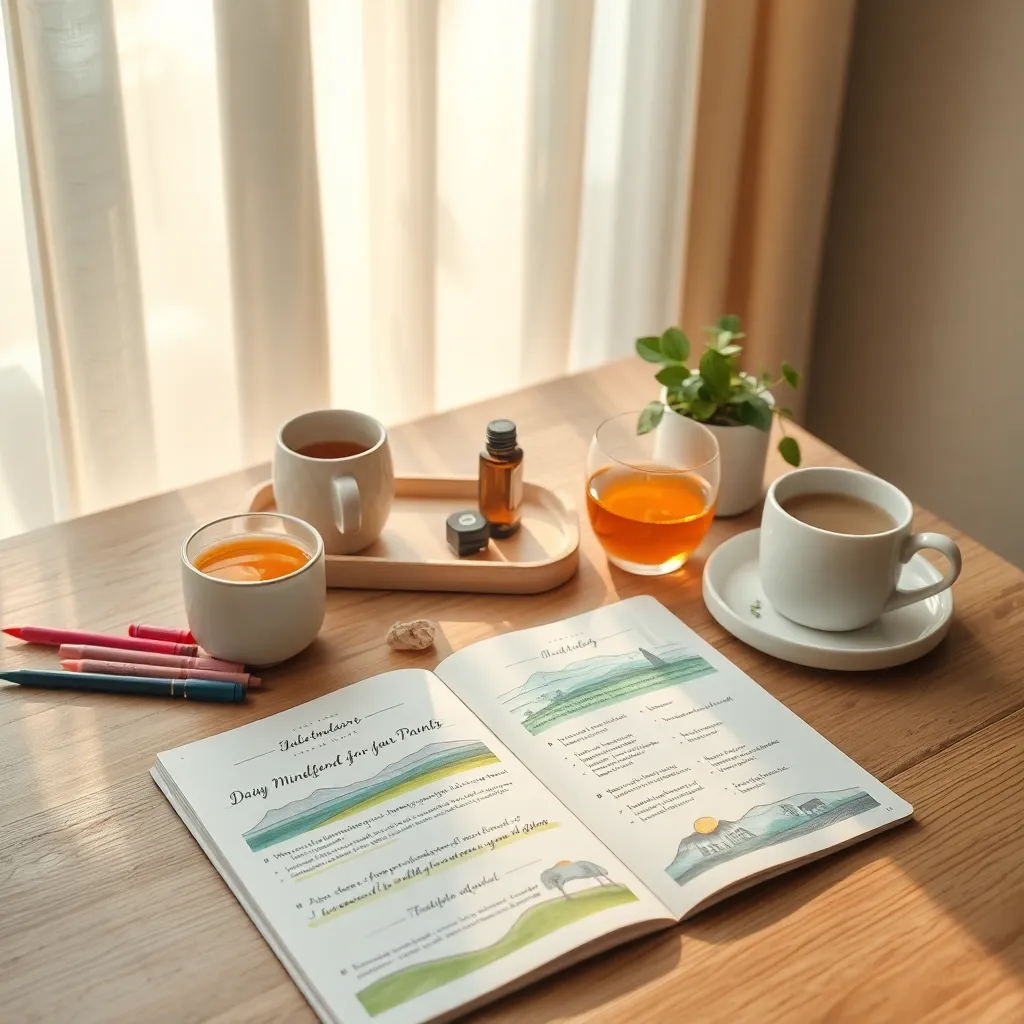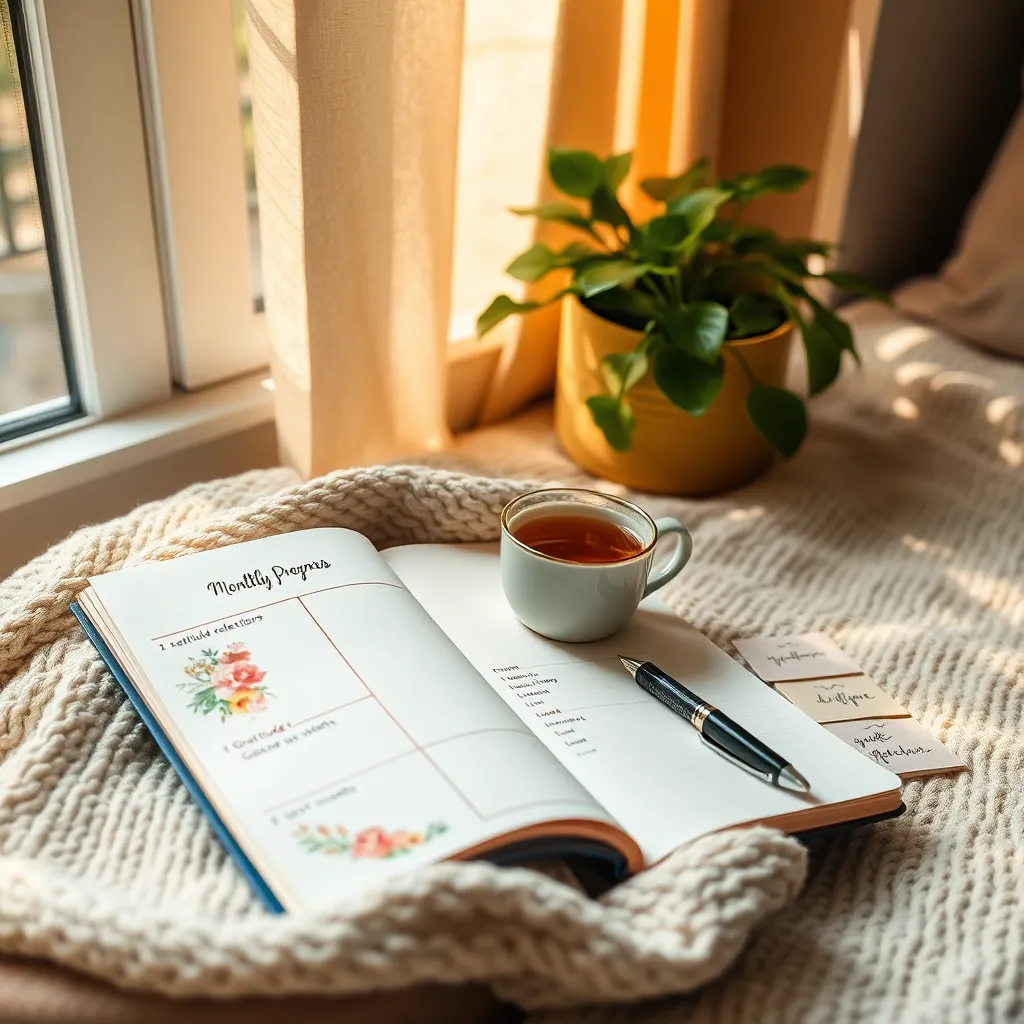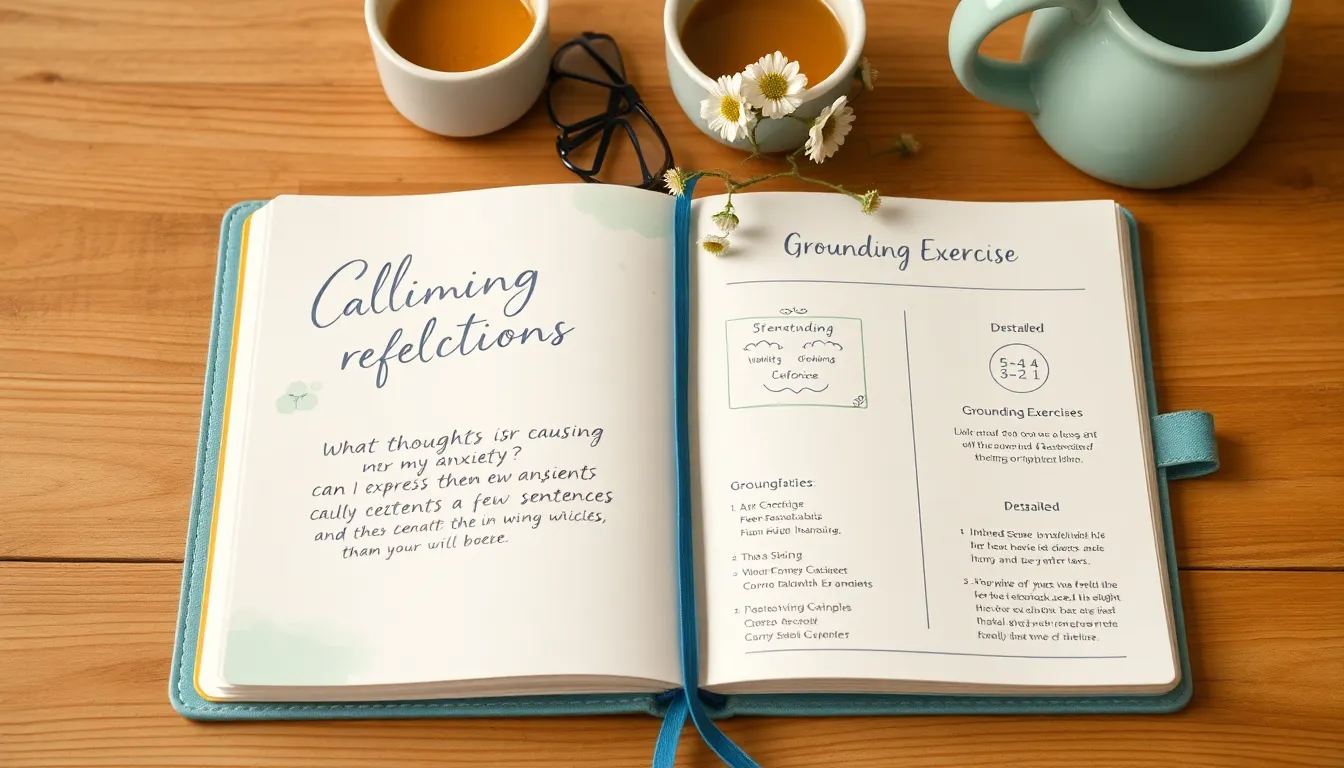In today’s fast-paced world, nurturing our mental health is crucial. Prioritizing self-care practices can foster resilience, balance, and inner peace.
Dive into simple yet impactful practices that uplift your mind and spirit. Discover tools to enhance your mental well-being and daily joy.
Understanding Mental Health Needs

Understanding your mental health needs begins with self-reflection. Use journaling to explore your emotions and triggers. Ask yourself: “What am I feeling right now?” and “What events led to these feelings?”
Practicing gratitude can shift your mindset. Reflect daily on what you’re thankful for. Try these prompts:
- Write about a positive moment today.
- List three things you’re grateful for.
Building a Personalized Care Routine

Start by identifying your personal well-being needs. Use journaling to explore what activities make you feel recharged. Focus on consistency by setting small, achievable goals.
Incorporate simple prompts to guide your reflection. Try:
- “What small action can I take today for my well-being?”
- “How do I feel right now, and why?”
Regular practice fosters deeper self-awareness and care.
Incorporating Mindfulness into Daily Life

Integrate mindfulness into your day by starting with a simple journaling practice. Each morning, jot down one thing you’re grateful for and one intention for the day. This sets a positive tone and keeps you focused.
During the day, pause for a mindful minute. Write a quick reflection using prompts like:
- What sensations am I noticing right now?
- What is occupying my mind?
These moments cultivate awareness and presence.
Identifying Stress Triggers Effectively

Understanding your stress triggers is key to managing mental health. Begin by journaling daily to uncover patterns. Note specific events, feelings, and physical reactions that cause stress. This awareness empowers change.
Use targeted prompts to explore stressors deeply. Try:
- “What situations consistently cause me stress?”
- “How does my body respond to stress?”
Reflecting on these can reveal insights, allowing proactive stress management.
Evaluating Progress Through Journaling

Progress evaluation through journaling boosts self-awareness. Start by regularly noting small wins and challenges. This helps in recognizing patterns and areas of growth.
Use targeted prompts to deepen insights:
- What did I learn today?
- How have I grown this week?
Reflecting on these questions fosters a sense of achievement and direction.
Conclusion: Creating Beautiful Outdoor Spaces
In our exploration of mental health self-care practices for nurturing relationships, we delved into five essential concepts. First, we emphasized the importance of open communication, which lays the foundation for understanding and connection. Second, we highlighted the role of setting healthy boundaries to protect personal well-being and mutual respect. Third, we discussed the power of empathy in fostering deeper emotional connections. Fourth, we underscored the need for self-reflection to enhance personal growth and relational insight. Lastly, we explored the value of shared activities that strengthen bonds and create lasting memories.
As your immediate next step, take a moment to initiate a conversation with your partner or loved one about one of these concepts. Whether it’s discussing boundaries or planning a shared activity, start by taking small, meaningful actions today.
To ensure these insights remain at your fingertips, bookmark this article for future reference. Having this resource on hand will empower you to revisit and reinforce these practices as you nurture your relationships.
Looking ahead, remember that relationship success is a journey marked by continuous growth and understanding. Equip yourself with these tools, and watch your relationships thrive. Your path to a harmonious and fulfilling relationship begins now.


